If your knees crack like bubble wrap every time you stand up… you’re not alone.
From runners and weekend hikers to people simply dealing with the natural effects of aging, we all could use joint support
Collagen supplements have quickly become one of the most talked-about options for joint support. But what exactly do they do? And how well do they work?
Let’s break down what collagen is, how it supports your joints, and what to expect if you’re thinking about adding it to your daily routine.
How Collagen Supplements Support Joints
Collagen is a major part of your body’s “infrastructure.”
It gives skin its bounce, hair its strength, and joints their flexibility. Without enough collagen, movement can start to feel a little less smooth.
As we age, our bodies naturally produce less collagen.
Collagen supplements are designed to help fill that gap.
Research suggests they can support the health of cartilage — the soft, cushioning tissue between your bones. That cushioning is what keeps your joints moving comfortably.
What Is Collagen?
Collagen is a protein your body makes on its own.
It’s found in your skin, bones, ligaments, tendons, and joints. Think of it as the glue or scaffolding that keeps everything in place.
Over time, that glue starts to weaken.
When this happens, joints can lose their flexibility, cartilage can thin, and even everyday movement can start to feel rougher around the edges.
Collagen supplements aim to reinforce this structure.
By providing your body with the building blocks it needs, they may help strengthen cartilage and support long-term joint comfort.
How Collagen Supports Joint Health
Collagen helps joints in a few powerful ways.
-
It supports cartilage, which acts like a cushion between bones.
-
It encourages your body to make more of its own collagen and joint-supporting proteins, like elastin.
This isn’t an overnight fix — collagen works best with consistent use over time.
But many people notice their joints feeling smoother and less achy within a few weeks.
Types of Collagen for Joint Support
Not all collagen is created equal. There are several different types in the body, but two types stand out for joint support: Type I and Type II.
Type I Collagen
Type I is found in skin, bones, tendons, and ligaments.
It’s great for supporting overall joint structure and strength, which makes it a common choice for athletes and anyone who wants to stay active.
It’s typically sourced from cows (bovine) or fish (marine), and it’s often hydrolyzed into smaller peptides for easier absorption.
Type II Collagen
Type II collagen lives mainly in cartilage — the cushion between your joints.
This type is particularly linked to improved comfort and flexibility in the knees, hips, and shoulders.
It’s commonly derived from chicken sternum and often taken in smaller doses than Type I.
Pro tip: Some supplements combine both Type I and Type II collagen to cover multiple aspects of joint health.
Dosage and How to Take Collagen for Joints
Collagen isn’t complicated to take, but consistency matters.
The best results come from daily use over time, not from taking a large dose every now and then.
Recommended Daily Amount
For joint support, most research suggests taking 5 to 10 grams of collagen peptides per day.
However, research shows that Type II marine collagen, like Cartidyss, the collagen found in Rho’s liposomal collagen products, can be highly effective at a very low dosage: only 500mg/day for skin beauty and 1g/day for joint health.
Best Time to Take
There’s no single “perfect” time to take collagen.
Many people add it to their morning coffee, smoothie, or water. Others take it after a workout. What matters most is finding a time you’ll stick to every day.
At Rho Nutrition, we make this easy by offering our collagen in clean, highly absorbable liposomal form that fits into your daily routine without the fuss.
What to Expect and Timeline
Collagen works best with patience and consistency.
This isn’t a quick fix, but many people begin to feel noticeable improvements over time.
When You Might See Results
-
4 to 6 weeks: Some people notice less stiffness and easier movement.
-
8 to 12 weeks: You may experience better flexibility and reduced discomfort.
Everyone’s timeline is different — age, activity level, and diet all play a role.
Factors That Affect Effectiveness
-
Taking collagen consistently
-
Eating a balanced diet (vitamin C supports collagen production)
-
Staying hydrated
-
Your personal activity level and overall health
Mythbuster: Is Collagen Just for Skin?
Nope. Collagen isn’t just about glowing skin and strong nails, though it certainly helps that too.
It plays a major role in joint health, supporting cartilage for greater comfort.
Many people are surprised to learn that collagen supplements have been studied for joint support just as much, if not more, than for beauty benefits.
FAQs
Q: Does collagen really help with joint support
A: Research suggests it can support cartilage health, especially in knees and other weight-bearing joints.
Q: What’s the best type of collagen for joint pain?
A: Type I and Type II are the most studied for joint support. Look for hydrolyzed collagen peptides or undenatured Type II collagen.
Q: How long does it take to work?
A: Most people begin to notice benefits from Rho’s Liposomal Collagen between 30-60 days of daily use.
Q: Can collagen replace joint medications?
A: No. Collagen is a supplement, not a medical treatment. Always follow your doctor’s guidance.
Bottom Line
Collagen plays a powerful role in keeping your joints strong, cushioned, and flexible.
Supplementing daily may help improve mobility, and support long-term joint health — especially as natural collagen production declines with age.
And remember: the best results come from consistency, patience, and taking care of your body as a whole.
FDA Disclaimer: These statements have not been evaluated by the Food and Drug Administration. This information is not intended to diagnose, treat, cure, or prevent any disease.
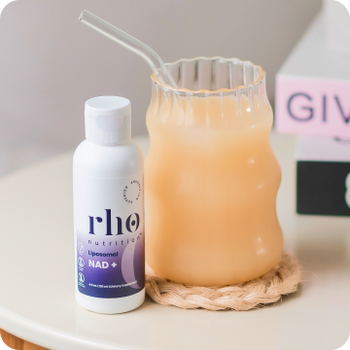
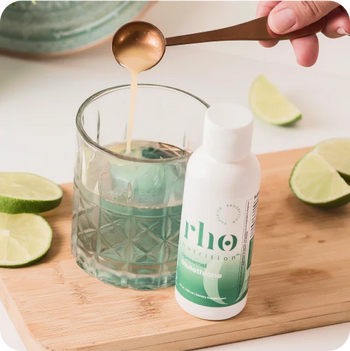

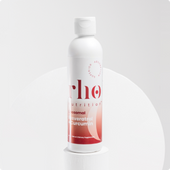
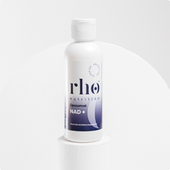
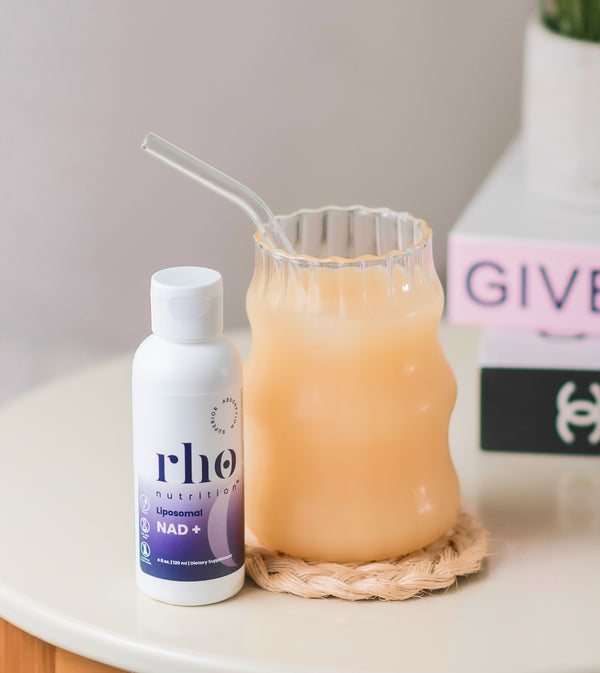
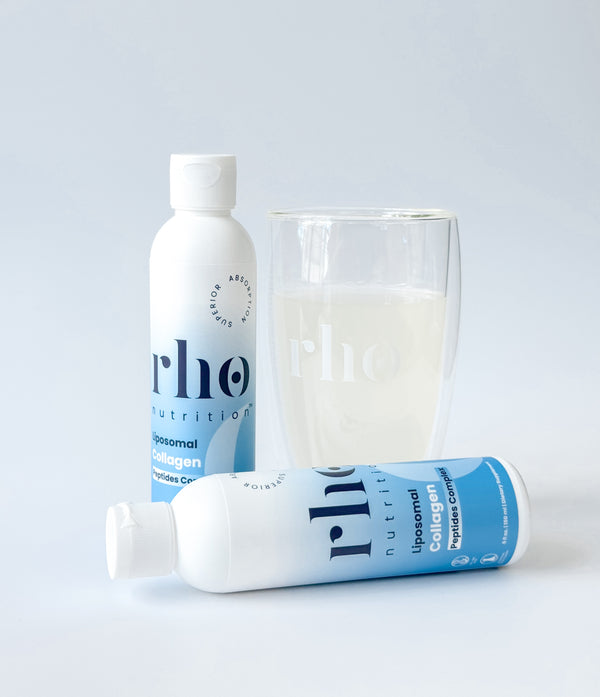
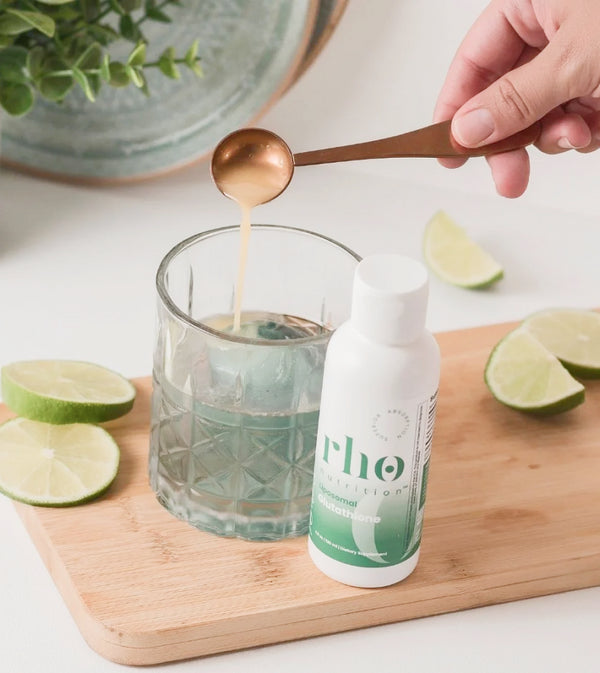





Leave a comment